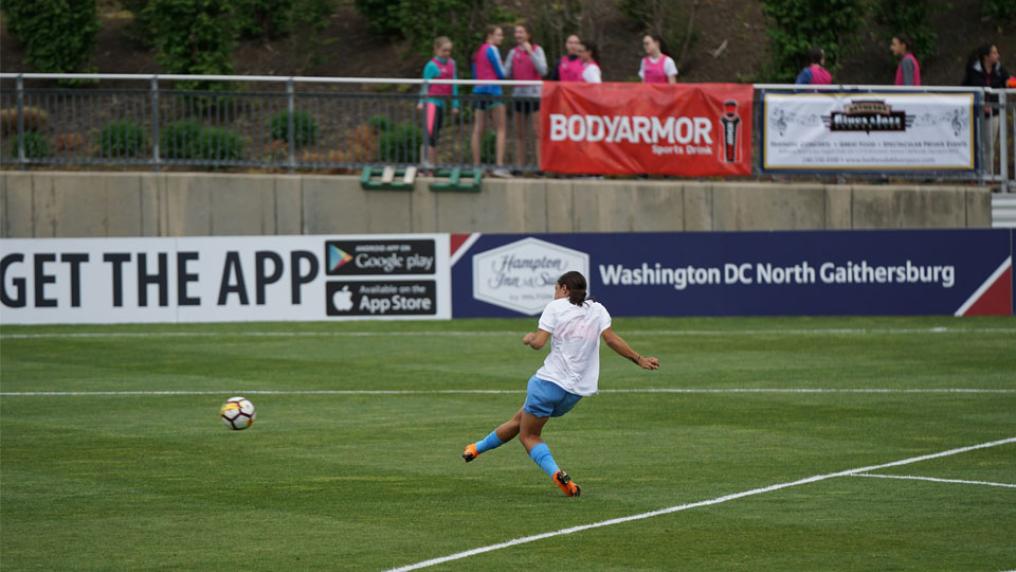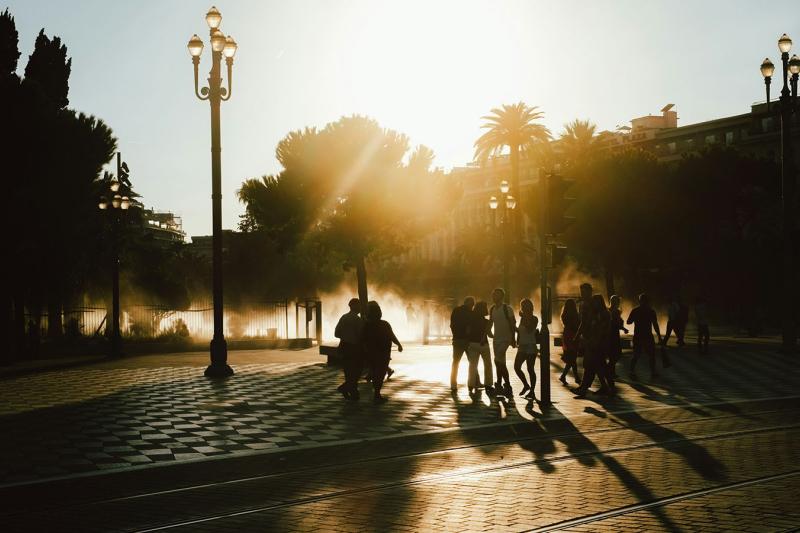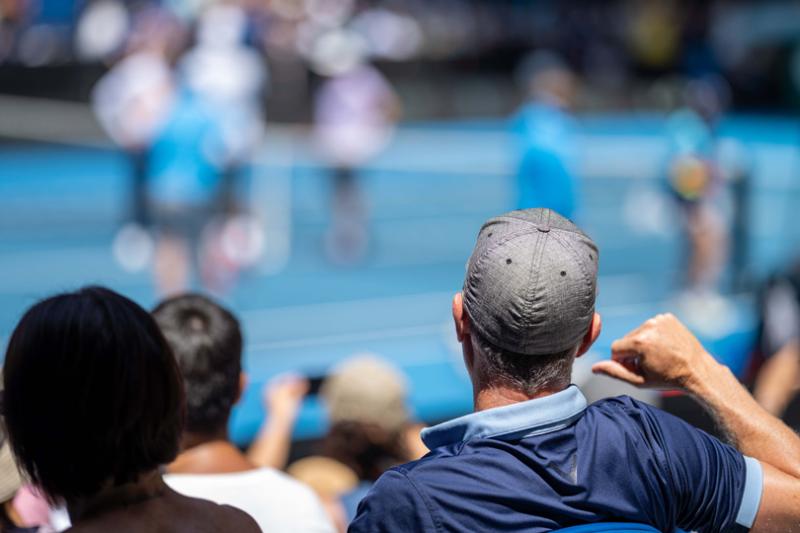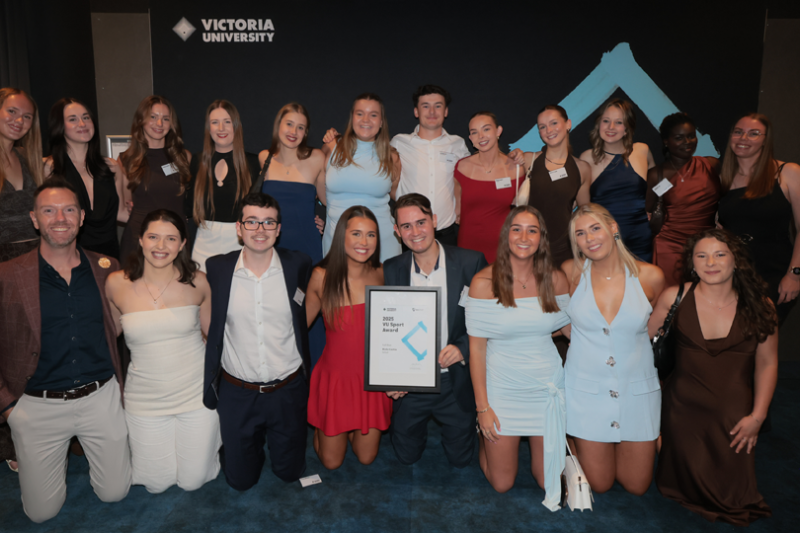Kerr's curse cuts to the heart of racism in Australia

Once again the topic of race and sport is dominating news headlines - this time centred around Matildas captain Sam Kerr. Kerr was charged earlier this month with racially aggravated harassment over allegations she called an English police officer a "stupid white bastard".
The case brings the wicked problem of racism in Australia once more to the fore. The presumed entitlement of many white people to be able to categorically state what racism is, even if you have never experienced it yourself, has been on stark display in discussions around the case.
Suddenly people who've long denied systemic racism in Australia have been proclaiming that Kerr's alleged insult was clearly racist. What is missing here is an awareness of how the white police officer and Sam Kerr, a person of colour, would be treated differently by society.
A white police officer is unlikely to be asked where they came from. And if they gave the answer of a particular place in England, it is again unlikely they would then be asked: "Where do you really come from?"
It is also unlikely they would be told to "go back to where you come from" or had other instances where they were discriminated against on the basis of their perceived race. One of the entrenched misconceptions around racism is that it is always deemed to be 'somewhere else'.
But such is the power of sport in Australia that it has been able to unsettle this notion multiple times.
As far back as 1971 when the white South African men's rugby union team toured the country the Gumbainggir scholar and activist Gary Foley used the public movement against apartheid in South Africa to draw attention to the systemic racism he experienced in Australia.
"Pardon me" - read the placard that he held up at an anti-apartheid rally - "for being born into a nation of racists."
The most striking example remains the moment in 1993 when Noongar men's Aussie rules footballer Nicky Winmar lifted his guernsey, pointed to his skin, and proclaimed "I'm black and I'm proud to be black".
Yet even in response to this iconic moment, many prominent white men argued Winmar was not making a statement about race and the horrendous racist abuse he received on a weekly basis.
With Winmar pressured into silence, it was left to the photographer Wayne Ludbey to publicly uphold the truth of what he had seen and heard Winmar say. After other Indigenous athletes began to follow Winmar's lead and publicly call out the racism they experienced in this country, a pattern began to emerge. White men and women would attempt to refute each instance of abuse by stating categorically that actually the abuse was not racist. The vile booing of Adam Goodes was an emblematic example.
A parade of prominent media figures and former footballers insisted that the booing had nothing to do with race, even though their explanations always returned to the issue of race, as The Weekly's Charlie Pickering showed. In effect these responses seek to shut down not only discussions around systemic racism in Australia, but also to limit broader movements for justice and communal healing.
The intractable debates about racism have frequently become distractions to this work - the more the topic is debated, the less time there is for action around systemic change.
The effect of this is that those in positions of social, cultural, and political power in this country have turned the issue of racism in sport into another site of systemic dehumanisation of black and brown people. The lived experiences of black and brown athletes are not only debated, but typically dismissed. Their humanity is contested, their authority to tell the truth of their lives is undermined.
Racism remains a "wicked problem" on this continent and surrounding islands, along with many other places in the world. Entrenched and enduring, racism is very difficult to address in part because of its deep roots in ideas around a hierarchy of humanity.
Both the defensive denials of racism when it is voiced by others who are not white, and the eager glee to proclaim that brown and black people can also be racist - as seen in the Kerr case - distract from work to bring about justice, equality, and communal healing.
In order for discussions to have a chance at actually addressing the problem, white people in the Global North could take the unfamiliar step of removing themselves from the centre of these discussions. And to realise, when they speak, that they are not objective observers from a distance, just beings who have had the privilege of never having their purported race lead to debates about the level of their own humanity.
It is only those comfortably sitting at the top of racial hierarchies who have the luxury of believing they are not part of this problem. Instead of centering themselves, white people with cultural, social, and political power could learn how to be in equitable relationships of solidarity that are grounded in the respect for the sovereignty, autonomy, and hard-won knowledge of other humans.
Sport might be one of the few places where race can be publicly discussed in Australia, but those discussions would benefit from no longer entrenching the devastating and dehumanising effects of systemic racism.
Originally published under Creative Commons by 360info.org



